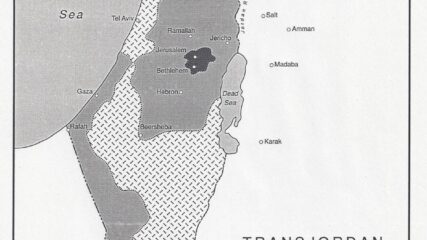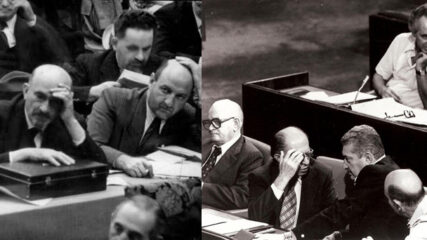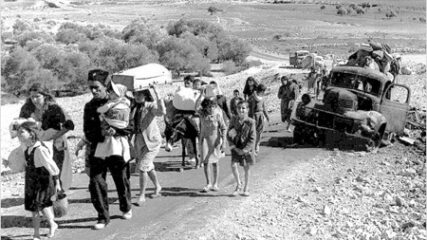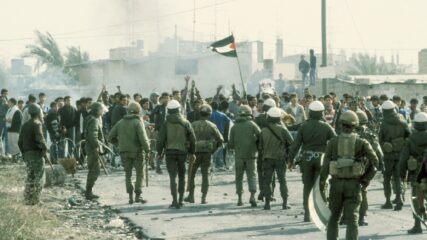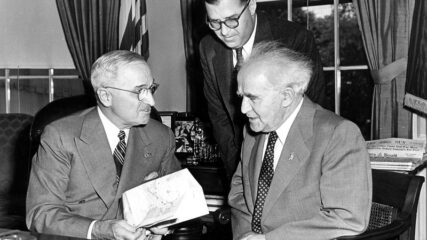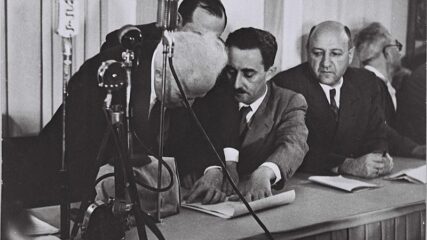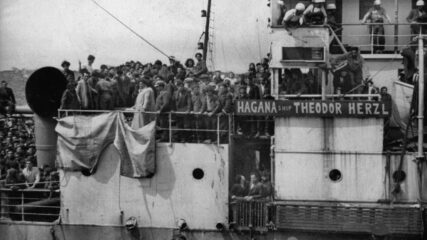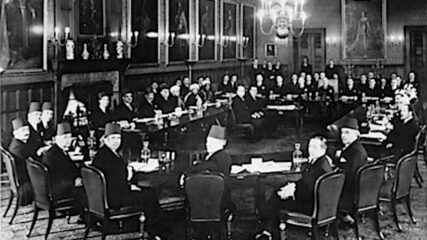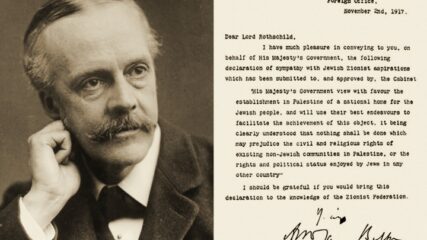Ken Stein: No Two-State Solution in Sight to End ConflictCIE+
Ken Stein, President, Center for Israel Education, May 19, 2025 Introduction Since 1937, the idea of geopolitically separating Jewish and Arab populations west of the Jordan River has been a recommended solution to mitigate violence between…

